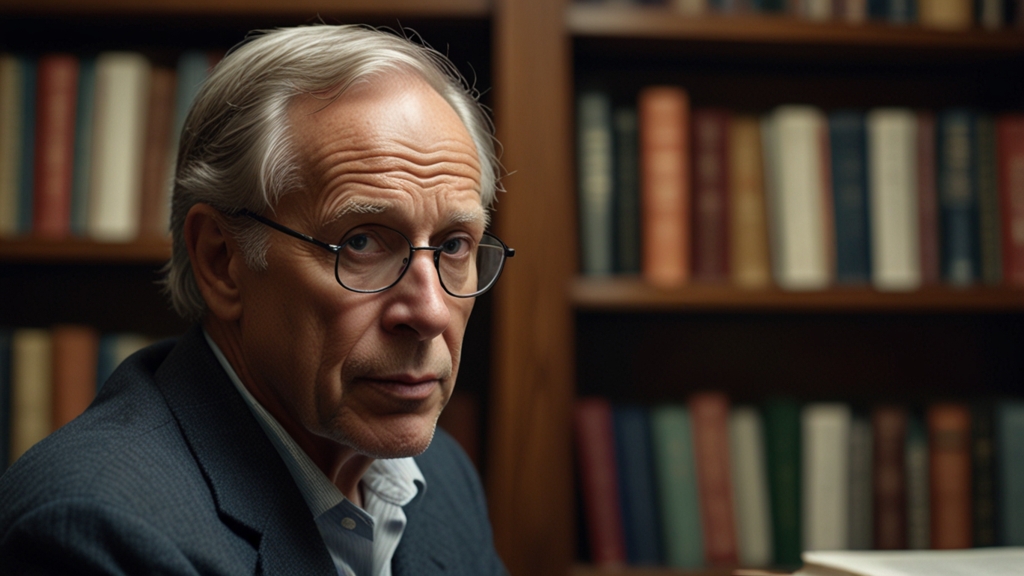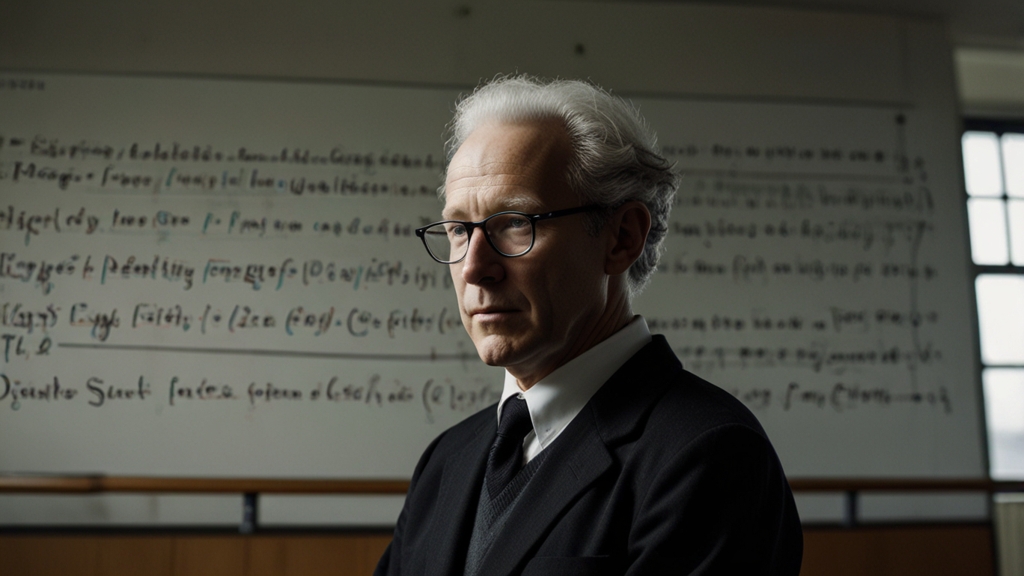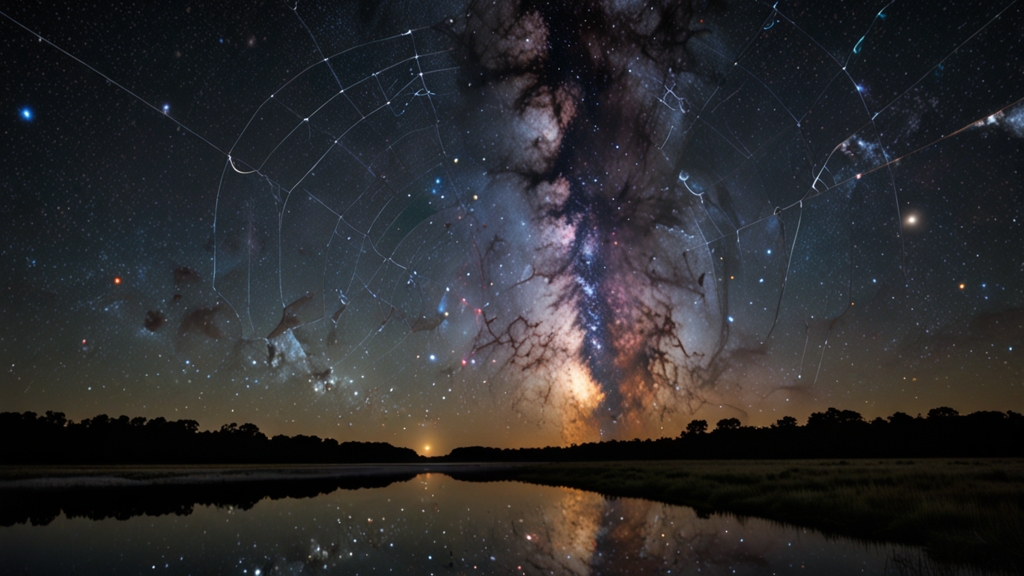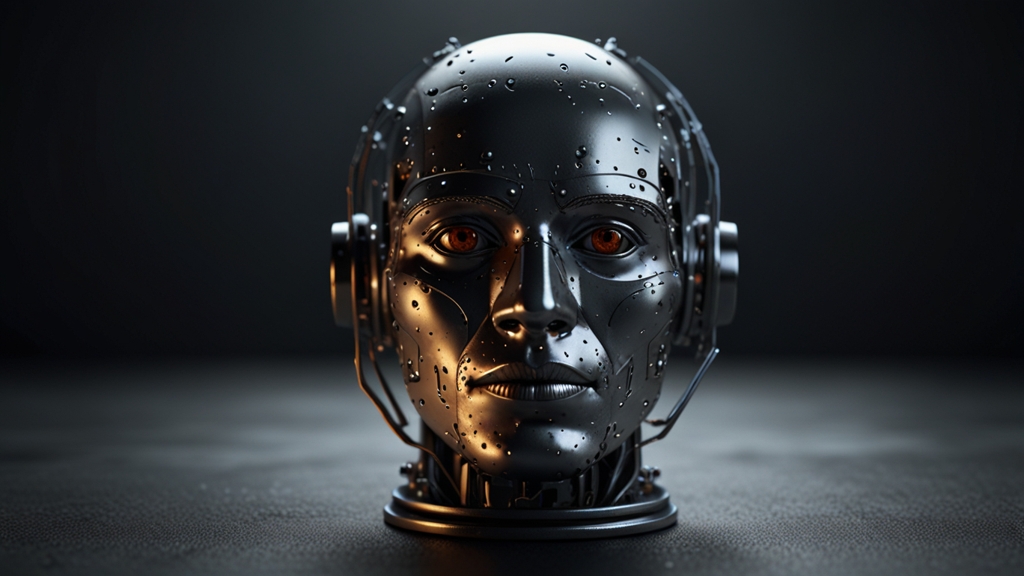The Most Startling Revelations That Changed History Forever
History is replete with moments of extraordinary revelations—times when new discoveries altered the course of human civilization. These pivotal moments transcended mere intellectual pursuit, reshaping societies, power structures, and even the way we perceive the world. In this article, we will explore some of the most startling revelations that changed history forever.
The Discovery of Gravity
Sir Isaac Newton's eureka moment under an apple tree in the 17th century is more than a charming anecdote. Newton's formulation of the laws of gravity and motion through his work Philosophiæ Naturalis Principia Mathematica, published in 1687, fundamentally transformed our understanding of the physical universe. His theories provided the framework for classical mechanics, profoundly impacting fields ranging from engineering to astronomy.
The Germ Theory of Disease
Before the advent of the germ theory of disease, humankind attributed illnesses to various implausible causes, ranging from bad air to imbalances of bodily fluids. The groundbreaking work of Louis Pasteur and Robert Koch in the mid to late 19th century unveiled the role of microorganisms in disease. This revelation revolutionized medicine, leading to improved sanitation, the development of vaccines, and the implementation of modern medical practices.
"Infection is a battle between microscopic invaders and the body's immune defenses, though invisible to the naked eye." - Louis Pasteur
The Theory of Evolution
Charles Darwin's theory of evolution by natural selection, presented in his 1859 work On the Origin of Species, was nothing short of a bombshell revelation. The idea that all species of life have descended from common ancestors challenged the prevailing narratives of creation. It provided a unified explanation for the diversity of life on Earth, profoundly affecting not only biology but also philosophy, religion, and ethics.
The Relativity Theory
Albert Einstein’s theories of Special and General Relativity, published in the early 20th century, upended the previously held Newtonian view of the universe. Einstein introduced concepts such as the curvature of space-time and the equivalence of mass and energy (E=mc²). His work laid the groundwork for modern physics and had far-reaching implications for our understanding of time, space, and the universe itself.
"Imagination is more important than knowledge. For knowledge is limited, whereas imagination embraces the entire world." - Albert Einstein
The DNA Double Helix
The discovery of the double helix structure of DNA by James Watson and Francis Crick in 1953 was a landmark event in biology. This revelation elucidated how genetic information is stored and transmitted from one generation to the next. It paved the way for the advent of biotechnology, genetic engineering, and the Human Genome Project, fundamentally changing medicine, agriculture, and numerous other fields.
The Internet
While not a single revelation but rather a series of advancements, the creation and expansion of the internet have arguably had the most extensive social impact of any technological innovation in contemporary history. The transition from the early ARPANET to the World Wide Web democratized information, transformed economies, and revolutionized the way people connect and communicate globally.
Conclusion
Each of these revelations shared common threads: they challenged established paradigms, offered new ways of understanding the world, and left profound legacies on subsequent human endeavors. While these landmark moments represent leaps in human knowledge, they also serve as reminders of the unending journey toward understanding and the boundless possibilities that lie ahead. As history continues to unfold, we can be certain that future revelations, as yet unknown, will continue to shape the destiny of humanity in surprising and transformative ways.








